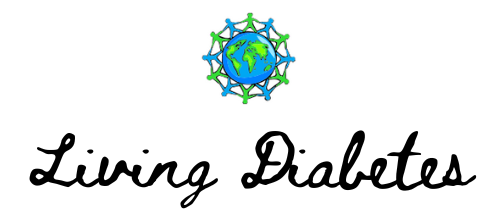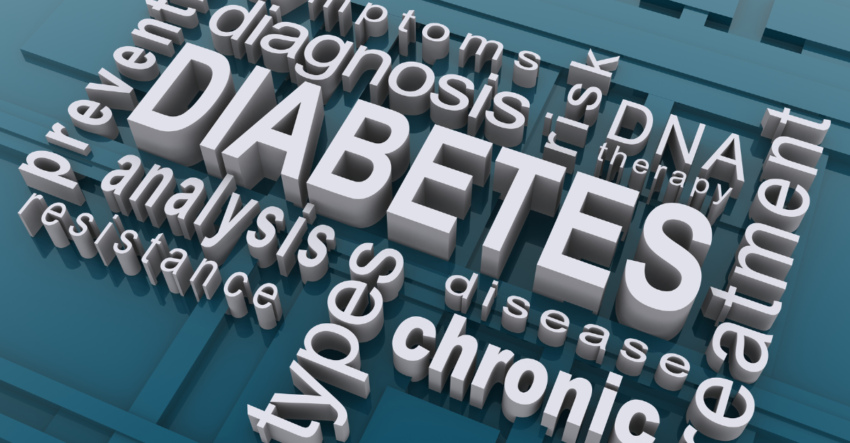For many years, getting a diagnosis of type 2 diabetes has felt like receiving a lifelong sentence. A health condition that, once it arrived, could only be managed, never cured. Most people learned to expect that diabetes would progress over time, with blood sugars creeping higher, medications piling up, and worries about complications always lurking in the background.
This bleak outlook has been so common that it rarely gets questioned. But recent advances in medical research are turning this “life sentence” idea on its head. There is now strong scientific evidence that, for many people, type 2 diabetes not only can be controlled, but can actually go into remission. In other words, it is sometimes possible to “reverse” diabetes, so much so that blood sugars return to normal, medications can be stopped, and people feel healthier than they have in years.
Challenging the Conventional Wisdom
For decades, scientists and doctors saw type 2 diabetes as a one-way street. Once you developed the condition, it was thought to steadily get worse no matter what you did. This view came from important long-term studies, like the UK Prospective Diabetes Study, which showed that most people with diabetes needed more and more medication as time went on.
But the latest research and expert reviews from around the world now challenge that old idea head-on. Some specialists even call it a “great big lie” that diabetes must always get worse. In fact, they argue that type 2 diabetes is not only reversible, but, for many people, also preventable.
What Does “Reversing” Diabetes Mean?
You might be wondering: what does it really mean to “reverse” diabetes? Medical experts now use the term remission to describe a situation where a person with type 2 diabetes has normal blood sugar levels for at least six months, without any diabetes medications. It isn’t just about having better control, or taking less medicine. True remission means your blood sugars have stayed in the non-diabetic range, naturally, for an extended time.
Let’s put it plainly: if someone with type 2 diabetes changes their eating habits, loses weight, sees their blood sugar return to normal, and can safely stop taking all diabetes medicines; isn’t that a reversal? According to the latest science, this is not only possible, but increasingly common, especially for people who act early and take the right steps.
How Is Remission Achieved?
The most dramatic results come from two main strategies:
-
Losing a significant amount of weight, often 10 to 15 kg (22–33 lbs) or more,
-
Making major changes in diet, sometimes with the help of meal replacement plans or supervised low-calorie diets.
A landmark study from the UK, the DiRECT trial, helped shift the way doctors view diabetes. In this study, people with type 2 diabetes who still had some natural insulin production (generally meaning they’d been diagnosed within the last few years) followed a carefully planned, low-calorie diet. Nearly half of them were able to stop taking all their diabetes medications and keep their blood sugar in the normal range a year later. Even after two years, about a third remained in remission. The more weight people lost, the more likely they were to reverse their diabetes.
Other studies have found similar results. For example, a study called DIADEM-1 showed that in people with diabetes for less than two years, many reached remission after following a diet program. Even some types of weight-loss surgery trigger remission in half or more of patients.
Why Does Remission Work?
Research shows that losing weight, especially the kind of weight carried around the waist reduces fat inside the liver and pancreas. This is important, because having too much fat inside these organs interferes with the body’s ability to make and respond to insulin. When that fat goes away, many people’s insulin production and sensitivity improve, and blood sugars normalize.
This idea, known as the “twin-cycle hypothesis,” helps explain why eating less and losing body fat can actually allow the cells in your pancreas to recover—especially if you catch diabetes early, before too much damage has occurred.
Who Can Achieve Remission?
Not everyone with type 2 diabetes can achieve remission. But the odds are especially good for people who:
-
Have had diabetes for a shorter time (usually less than six years)
-
Are not yet on insulin or only use it at low doses
-
Still have some ability to make their own insulin
-
Manage to lose a significant amount of weight and keep it off
This means that early action, right after diagnosis makes remission much more likely. In fact, the biggest reason diabetes may appear “progressive” is because standard treatment often waits too long before encouraging big lifestyle changes. For many people, the problem isn’t the disease itself, but the way it’s been understood and treated over the years.
A New Understanding—and a New Hope
If you or someone you love is living with type 2 diabetes, it’s important to know that a diagnosis is not always a life sentence. With the right support and lifestyle changes, remission is a real possibility for a large group of people. Experts now recommend that healthcare providers talk to patients about remission as a goal and consider aggressive weight loss and dietary strategies, especially soon after diagnosis.
Of course, everyone’s situation is different, and not all cases of diabetes can be reversed. But the facts are clear: type 2 diabetes does not need to be a one-way street. For many, taking control early, rather than settling for lifelong medication—offers the hope of a healthier, diabetes-free future.
References
- Kim J, Kwon H. Not Control but Conquest: Strategies for the Remission of Type 2 Diabetes Mellitus. Diabetes & Metabolism Journal (2022).
- Taylor R. Type 2 diabetes and remission: practical management guided by pathophysiology. J Intern Med (2020).
- Rothberg A, Laferrère B, et al. Remission of type 2 diabetes: always more questions, but enough answers for action. Diabetologia (2024).
- Lean M, Taylor R, et al. Durability of a primary care-led weight-management intervention for remission of type 2 diabetes: 2-year results of the DiRECT open-label, cluster-randomised trial. Lancet Diabetes Endocrinol (2019).
- Taylor R. Banting Memorial Lecture 2012 Reversing the twin cycles of Type 2 diabetes. Diabetic Medicine (2013).
- Lean M, Taylor R, et al. Primary care-led weight management for remission of type 2 diabetes (DiRECT): an open-label, cluster-randomised trial. The Lancet (2017).
- Capoccia D, Guglielmi V, et al. Remission of type 2 diabetes: position statement of the Italian society of diabetes (SID). Acta Diabetol (2024).

